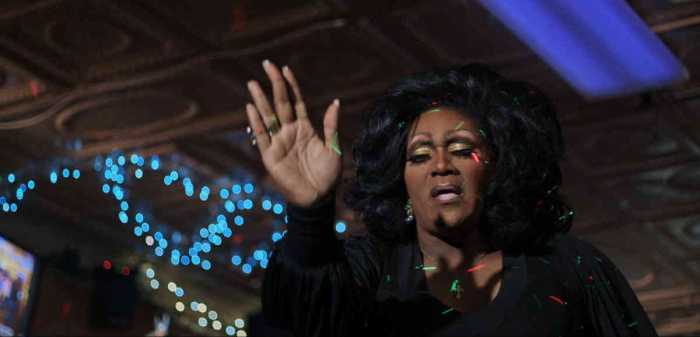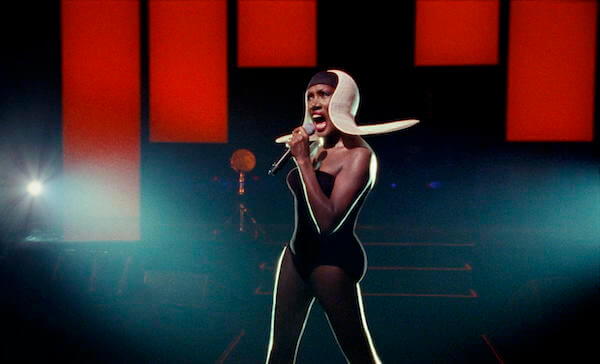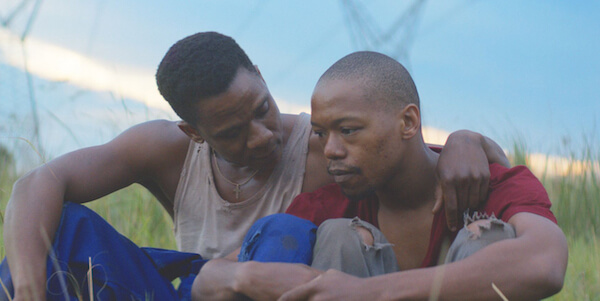British director Ken Loach’s work is generally admirable, even sometimes great, but “Sorry We Missed You” is a major misfire. Picture a Labour Party MP attempting to write an ‘80s American TV movie, with all the clichés, awkward family drama, and implicit cultural conservatism intact but trying very hard to push its overt politics to the left. Back in the 1940s, Italian neo-realism succeeded by concealing its seams. Vittorio de Sica’s “Bicycle Thieves” and Roberto Rossellini’s “Rome, Open City” are melodramas thinly disguised as near-documentary naturalism. (Indeed, gay director Luchino Visconti immediately took the field toward an operatic treatment of working-class lives.) Loach’s work, which began for the BBC in the 1960s, picked up that torch. At his best, he’s been able to combine emotional and political substance. But the tale of a delivery worker’s life in “Sorry We Missed You” drops the package at the wrong gate.
Ricky (Kris Hitchen) has a job interview in the film’s first scene. But he doesn’t realize the exploitative nature of his new job delivering packages. He’s not actually the boss of his own independent franchise. Promised the freedom to make his own hours, he has to work every day to make a meager living, while his wife Abby (Debbie Honeywood) is similarly burdened as a home caregiver to elderly people. Left to raise himself, their teenage son Seb (Rhys Stone) becomes obsessed with graffiti and gets in trouble. Ricky’s options become ever more constricted as his job never gives him a break while fining him for the slightest infraction and treating every inability to work as his responsibility.
The weaknesses of this film mostly stem from long-term Loach collaborator Paul Laverty’s script. Its scope is awfully narrow, almost blinkered. One of the first scenes shows a long shot of the warehouse where Ricky works, but his colleagues are depicted only in relation to his life. I’m sure this is intentional. Driving a truck delivering packages all day is socially isolating. But the film wants to make a definitive statement about the damaging effects of gig work, while only showing a tiny slice of British life. One key scene tells us that Ricky and Abby’s jobs have made it impossible for the family to have dinner together on Saturday. Without being at all untrue, “Sorry We Missed You” develops a critique of capitalism based mostly around its corrosive effects on the nuclear family that far-right populists could also buy into enthusiastically.
Hitchen and Honeymead’s performances are quite believable. She convincingly captures the emotions of a woman gradually realizing that she’s expected to tolerate and know how to cope with the extremes of aging and mental illness simply because she is a woman. She has a big heart, but this allows her to get exploited and used. The cast does not consist of non-professional actors, but Loach and casting agent Kathleen Crawford chose unfamiliar faces with relatively little experience rather than British stars. Ross Brewster, who plays Ricky’s boss, still works as a policeman.
From everything I’ve read about gig work, the general outline of “Sorry We Missed You” is accurate. It sketches in the vulnerabilities of a society where workers are no longer in a position to own their homes and cars. I sympathize with the film’s politics and think its heart is in the right place, but Laverty’s script rolls out the kind of noble victims, teenage smartphone addicts sinking into delinquency, and evil bosses we’ve seen too many times. As soon as Seb shows his sister photos of himself and his friends’ graffiti on his phone, we can tell exactly what’s going to happen to him.
“Sorry We Missed You” fears the spectator couldn’t identify with a hero struggling with any self-destructive tendencies or perversities. Rather than showing the systemic complexity of a job whose workers are unwittingly serving the surveillance machine, it relies on a boss bragging about being “Nasty Bastard Number One.” The film would have more emotional force if it didn’t feel like an overextended version of British “kitchen sink realism.” The Dardenne brothers’ “Two Days, One Night” actually achieved what “Sorry We Missed You” is trying to accomplish, but it reflected its view of late capitalism as an obstacle course fixed against the working class in its anxious style, not just its story. The characters in “Sorry We Missed You” feel conceived only to call attention to the horror of labor exploitation. This is the cinema of good intentions and meager achievements.
SORRY WE MISSED YOU | Directed by Ken Loach | Zeitgeist/ Kino Lorber | Opens Mar. 4 | Film Forum, 209 W. Houston St.; filmforum.org



































